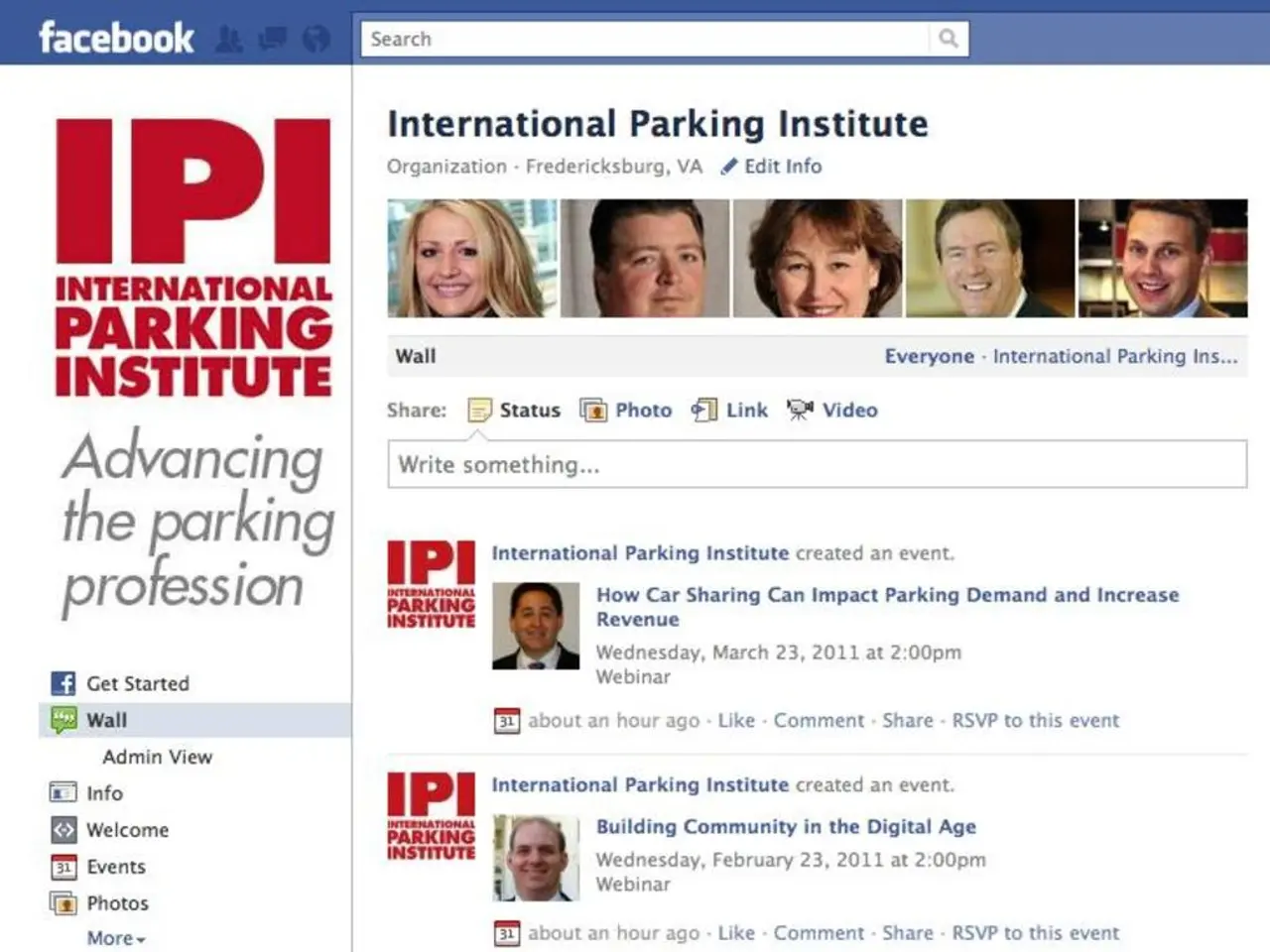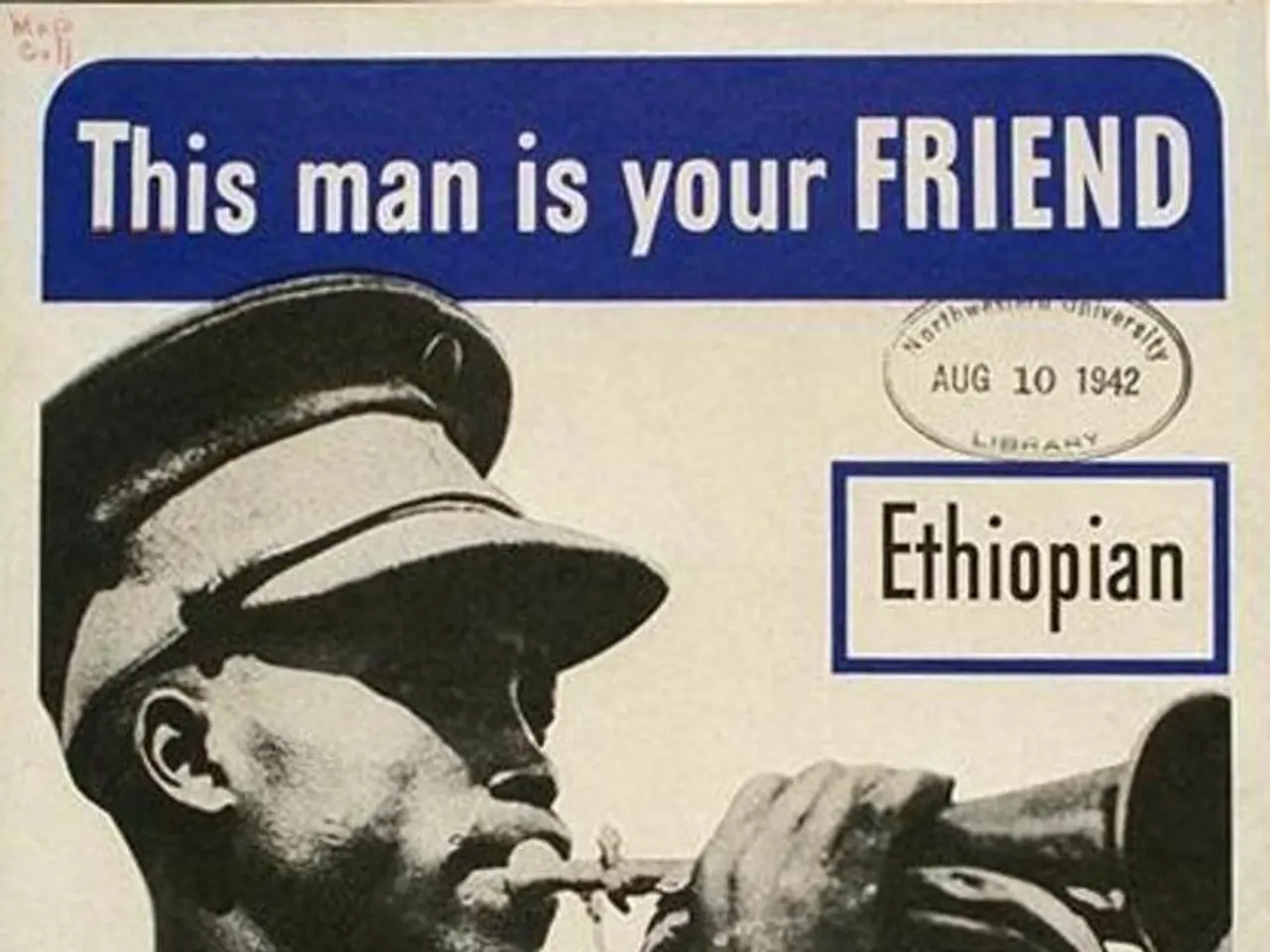Escalating Conflict: Israel and Iran's Clash Not Stemming from Freedom Fights or Righteous Agenda
The current war between Israel, Iran, and the United States is a dangerous, ongoing conflict, ramping up in recent weeks with direct military attacks. In June 2025, Israel launched a series of bombings on Iranian military facilities, while Iran retaliated through its proxies in the region like the Houthis in Yemen, even after reported ceasefires[1][2].
These attacks have created a complicated and volatile situation. For instance, Iran's Defense Minister Aziz Nasirzadeh recently visited China and participated in the Shanghai Cooperation Organization (SCO) defense meeting, emphasizing Iran's attempts to bolster alliances beyond the Middle East as tensions escalate[1].
Both Iran and Israel's longstanding rivalry roots back to before the 1979 Islamic Revolution. Back then, they had covert yet cooperative ties, unified by what was known as the "periphery doctrine," where both saw Arab states as significant threats. The revolution, however, drastically shifted Iran's stance, turning it into Israel's adversary[2][3].
Since the '80s, Iran has backed proxy groups hostile to Israel, such as Hezbollah in Lebanon, Palestinian Islamist groups Hamas and Palestinian Islamic Jihad. In turn, Israel has retaliated with targeted assassinations of Iranian nuclear scientists, airstrikes on Iranian-backed forces in Syria, and direct military actions against Iranian assets and proxies[2][5].
Recent developments, such as Iran's nuclear program and perceived threats, have deepened the anxiety among Israel and the U.S., leading to an increased aggression. Iran’s alleged involvement in terrorist attacks against Israeli and Jewish targets globally, along with cyber warfare and sabotage, has further fueled hostility[5].
The war expanded into other regional conflicts, like Syria and Yemen, where both Iran and Israel support opposing factions[2][5]. The informal alliance between Israel and certain Arab states against Iran has shifted Middle Eastern geopolitical alignments.
Tensions peaked particularly from 2023 onwards due to Gaza War, Iranian support for Palestinian militants, and Israel's increased strikes on Iranian targets. In 2024, direct confrontations between Iran and Israel increased, including missile strikes and targeted killings. The narrative reached a boiling point in 2025 following an IAEA report on Iran’s nuclear violations, prompting Israel to carry out strikes on Iranian nuclear and military sites[1][2][5].
Key drivers of this rivalry include:
- Nuclear Proliferation Fears: The prospect of a nuclear-armed Iran terrifies Israel and the U.S., destabilizing the region.
- Proxy Warfare: Iran's strategic use of armed groups like Hezbollah, Hamas, and Houthis to influence and challenge Israel indirectly.
- Regional Influence and Ideology: Iran's revolutionary ideology inherently opposes Israel, aiming to reshape Middle Eastern power balances.
- Geopolitical Alliances: The strong U.S.-Israel cooperation versus Iran's expansion of ties with powers like China and Russia, as well as regional actors.
- Security Threats and Attacks: Cyber warfare, assassinations, and military strikes contribute to a cycle of distrust and retaliation.
- Arab-Israeli dynamics: Israel’s new alliances with Arab states thwart Iran's influence, escalating regional tensions[2][5].
- As the international community continues to closely monitor war-and-conflicts in the Middle East, concerns about human rights violations are heightened amidst the ongoing conflict between Israel, Iran, and the United States.
- The image of the week shows Iran's Defense Minister Aziz Nasirzadeh during a secular meet with Chinese counterparts, highlighting politics shifting towards a more global stage as Iran seeks support beyond the Middle East amidst escalating tensions.
- Amidst the backdrop of general-news reports about the ongoing conflict and its repercussions in the region, both Iran and Israel's rivalry is deeply rooted in religious ideology, nuclear proliferation fears, proxy warfare, geopolitical alliances, and security threats, creating a volatile situation that demands urgent attention and diplomatic resolutions.





